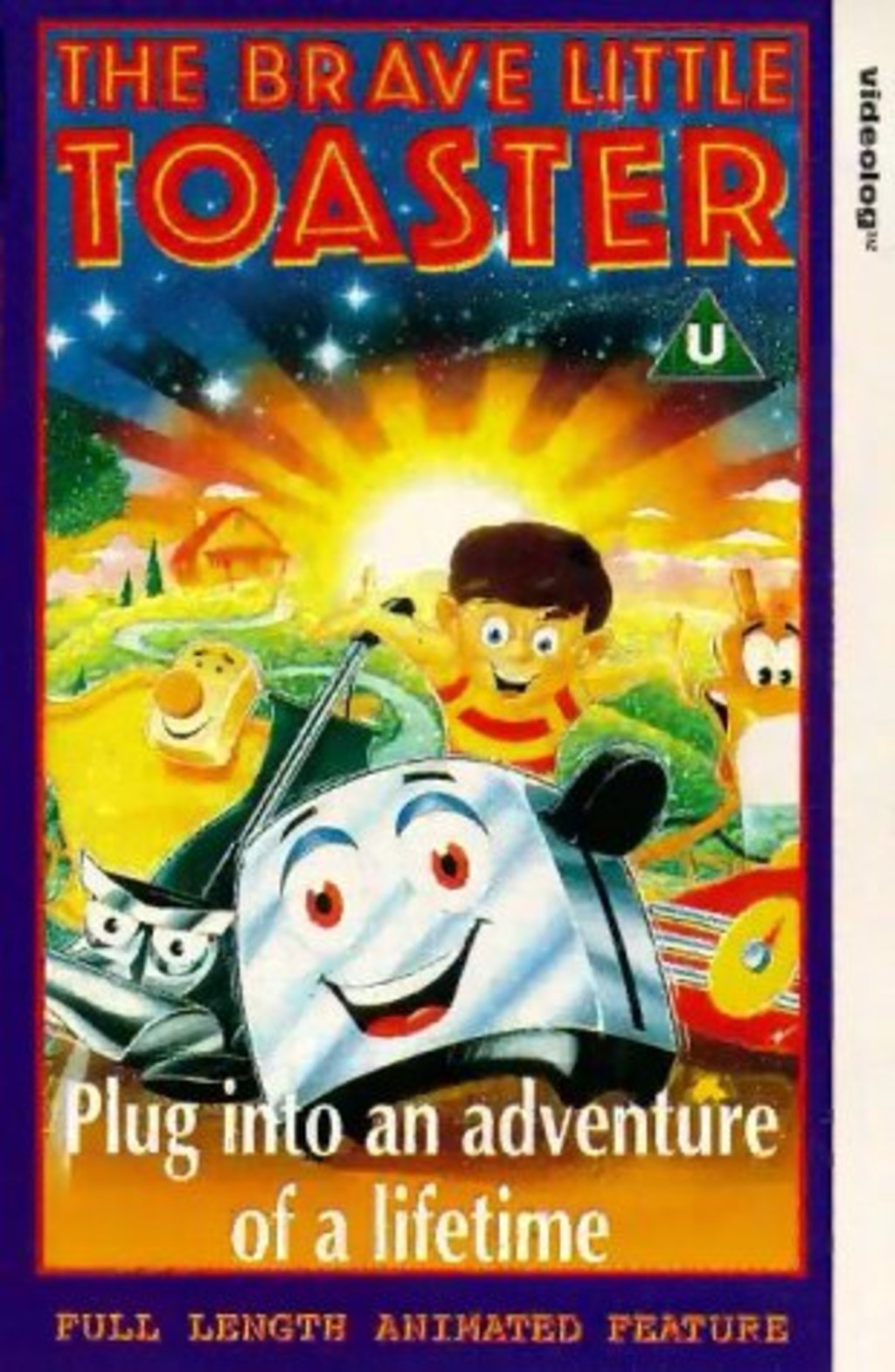

“And it’s not very kind of you,” the alarm clock/radio pointed out to the Hoover, “to always be reminding us about it. It got stuck, and I couldn’t keep the current out of my coils, and… and I’ve been very sorry ever since.” “That’s true enough,” the toaster admitted with a genuine pang of remorse. “Sometimes, lately, I’ve been forgetful.” Sometimes…” It hesitated, and the mottlings and dents on its once perfect chrome seemed suddenly more noticeable. You can’t pick things up the way you used to.” “We know what you think,” said the tensor lamp impatiently, “and we also know why you’ve been in such a bad mood about everything lately. “I’ll tell you what I think,” said the Hoover. “Do you think Madame’s hearing aid is really an appliance like us?” “So what do you think?” asked the yellow electric blanket, peeking out shyly from under the violet cotton spread from the Orient Express boutique. “And ‘wondering whether,’ isn’t the same as ‘declaring.’” “I was only ‘wondering whether,’” the toaster continued without ever raising its voice or becoming sarcastic. Strands of an abandoned spiderweb were moored to its frayed wires. “Fair? You mean to stand there on that kitchen table and declare I’m being unfair to a… a gizmo like that?” It gestured dismissively to the odd little apparatus that hung from a hook in the breakfast nook. “Fair!” gasped the vacuum cleaner, as though the word were a paper clip it was choking on. “I wonder,” said the toaster in a quiet, reasonable tone, “whether you’re really being fair.” It was the toaster, at last, who said what they were all thinking. “Cracker crumbs and cat hair!” the Hoover growled, growing more ill-tempered by the moment. None of them wanted to argue with it when it was in one of its moods.


The other appliances in the little house regarded the grumpy vacuum cleaner nervously. So when I had to think of an imaginary brand name for a whole line of appliances, “Populuxe” seemed the perfect choice, and I’d like to thank Thomas Hine for thinking it up. It’s a beautiful word that describes a beautiful period in American history, from 1954 to 1964, a time that may well have been the Golden Age of Appliances. The name “Populuxe” was coined by the writer Thomas Hine, who wrote a whole book, called Populuxe, to explain what he means by it. So that part is all true, but if you want more than my word for it, you can find out all about Einstein’s patents in a book by Abraham Pais called “Subtle Is the Lord…” The Science and Life of Albert Einstein, which will also explain the Theory of Relativity in great detail (but to understand that part of the book you should study calculus first). He also took out a patent on a refrigerator with Leo Szilard. Some parts of this book are fiction, but Albert Einstein really did invent and patent a hearing aid with his friend Rudolph Goldschmidt, and even wrote a little poem to him about their collaboration.


 0 kommentar(er)
0 kommentar(er)
